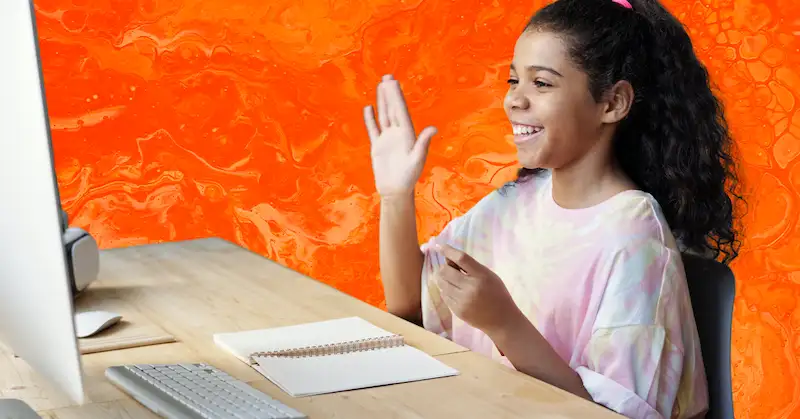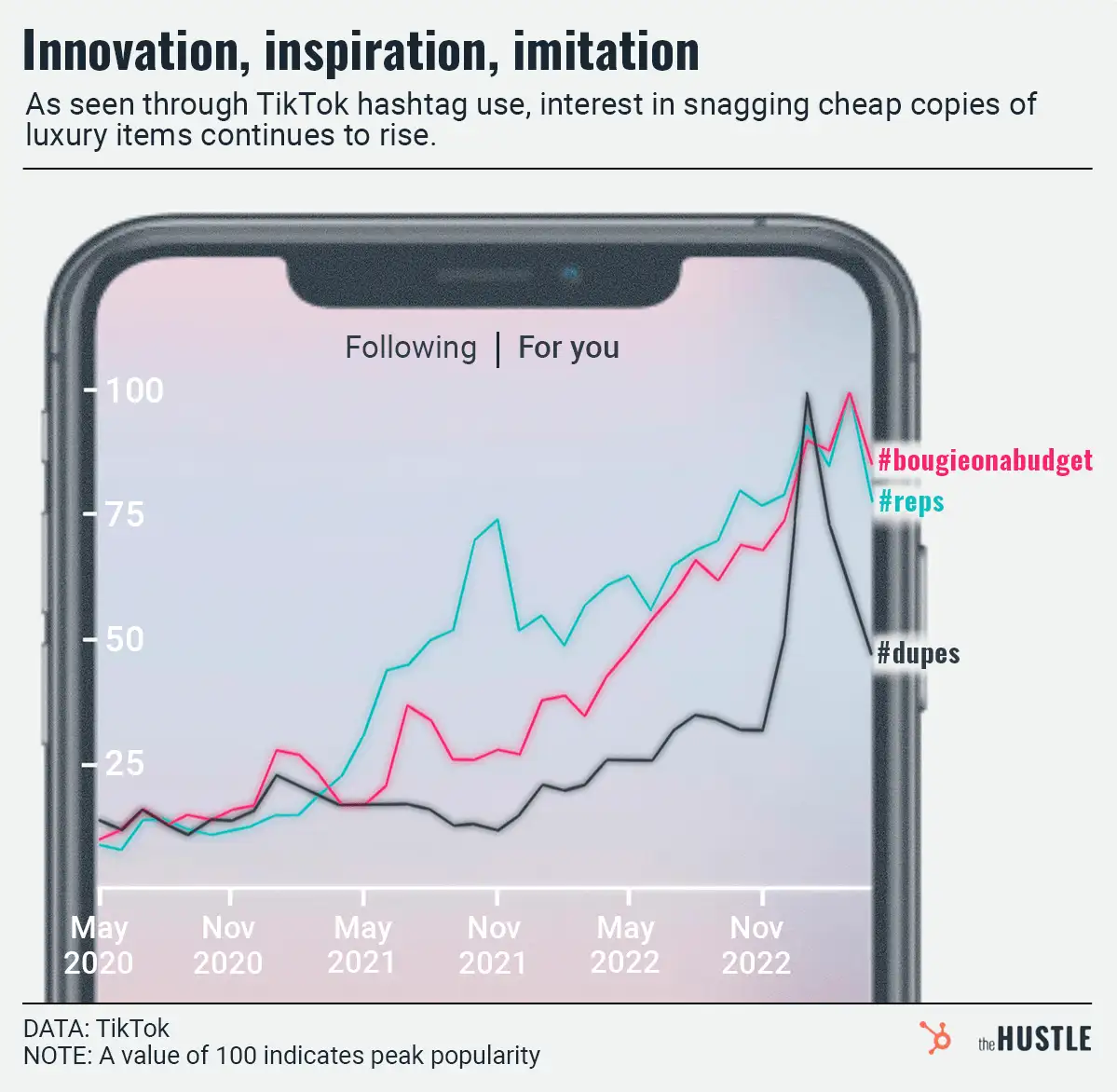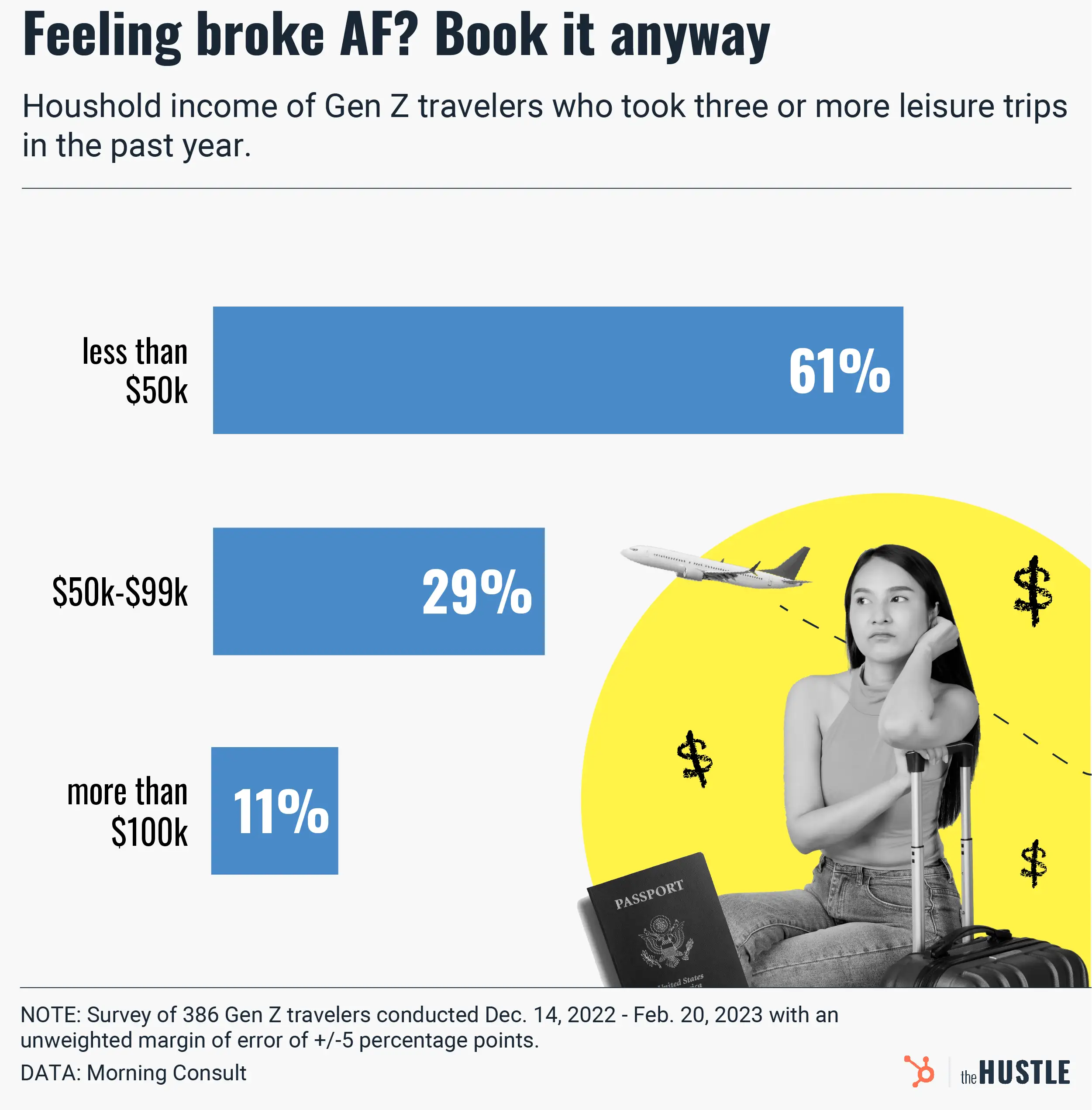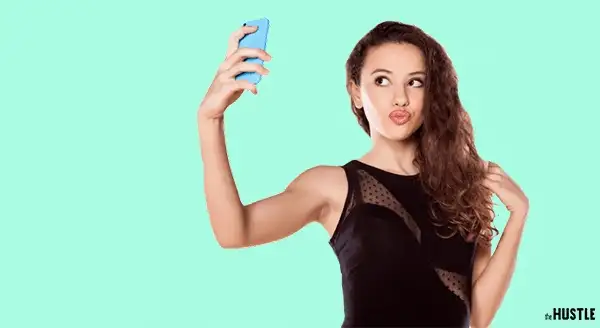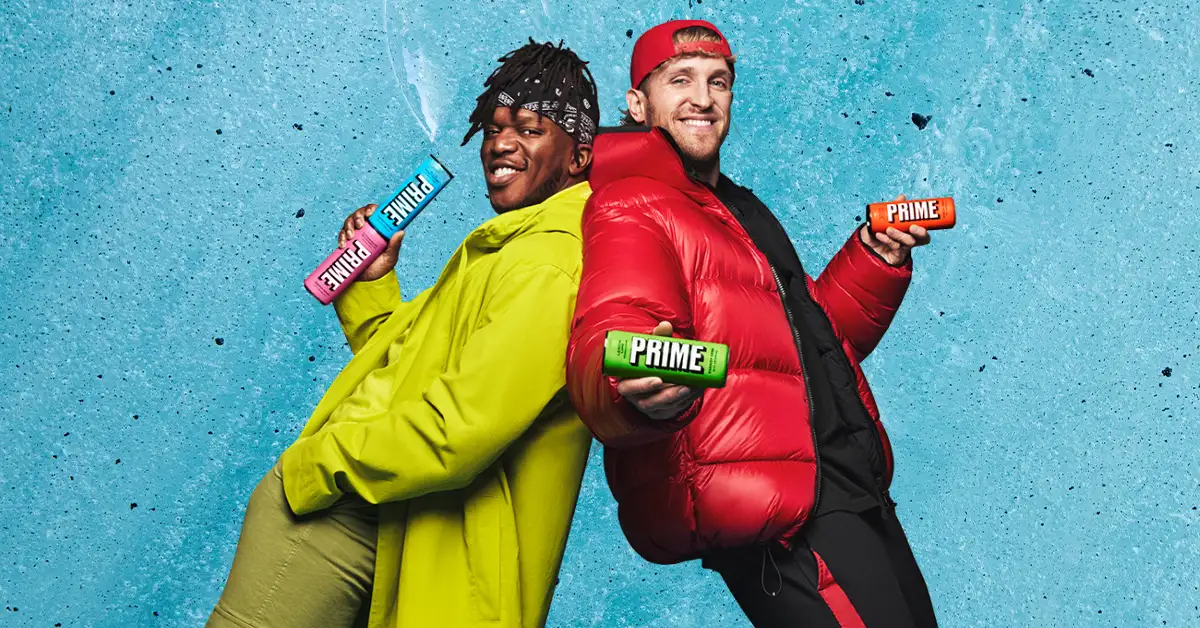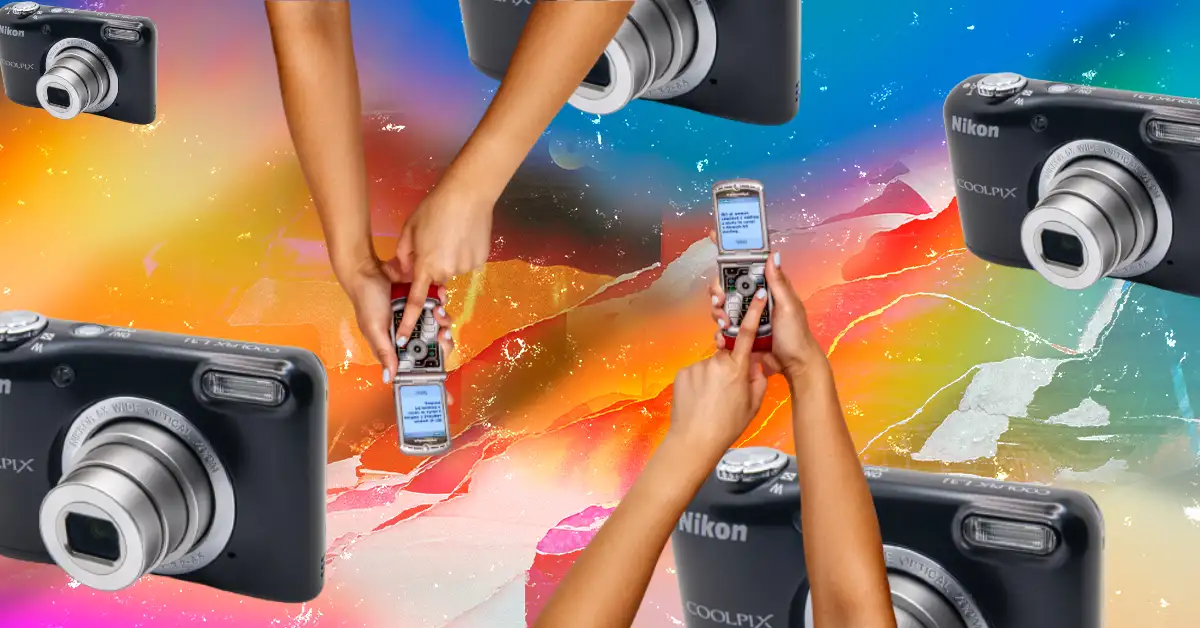Gen Z has never lived without the internet; the oldest of them were born in 1997, four years after it became widely available. Perhaps that explains why so many want to be influencers.
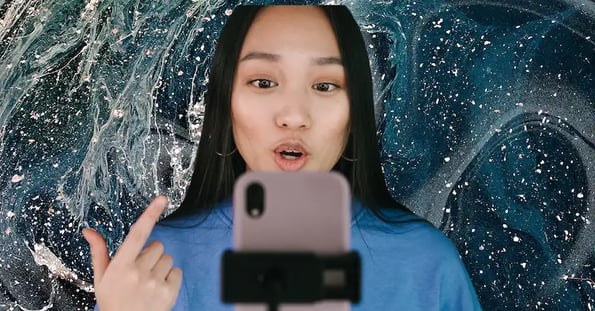
Eighty-one percent of Gen Z respondents surveyed by decision intelligence company Morning Consult reported following influencers, with TikTok, YouTube, and Instagram among the most popular platforms. A majority of Gen Zers — and millennials — also said they rely on influencers to learn about new products and make purchasing decisions.
These social media users are drawn to people who reflect a similar, yet aspirational, lifestyle and an authentic, knowledgeable vibe.
Perhaps more interesting…
… is that 57% of Gen Z respondents said they’d become an influencer if given the chance, compared to 41% of all US adults; 30% said they’d even pay for the opportunity.
- Another poll found one in four Gen Zers hope to become influencers, with 20% of men and 13% of women saying it was their only intended career path.
- A 2019 survey found that YouTuber was the most popular dream job among US and UK tweens, outweighing China’s top choice of astronaut.
But why?
For those of us who don’t enjoy thousands of strangers commenting on our lives, it may seem daunting — but influencing has its perks.
- It can be lucrative, with top influencers raking in millions. Even micro influencers catering to a niche can pull off a decent side hustle.
- Influencers get free stuff — products, food, trips, event access, etc.
- Two teens told NPR they thought influencing would be doing what they liked — in this case, playing video games — while collecting paychecks and likes.
- You don’t have a boss (except the algorithm, of course).
Plus, Gen Z has watched millennials struggle with crushing student loan debt. Though it certainly takes more than talking into your phone camera to become a successful influencer, it doesn’t require a college degree.
BTW: There’s now a cottage industry to prop up influencers both actual and aspiring, including courses, conferences, agents, photo and video studios, and SaaS startups like Linktree. Even regular restaurants and stores have long appealed to Instagram.




